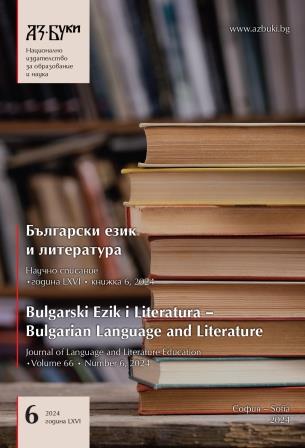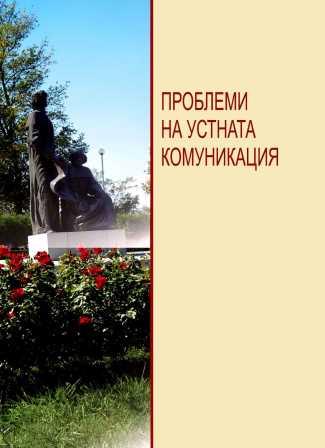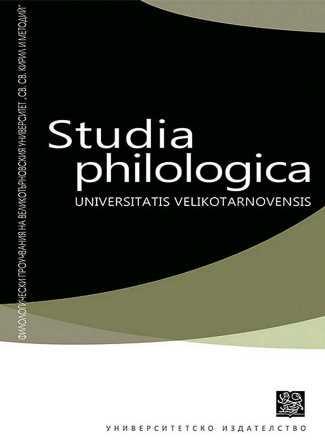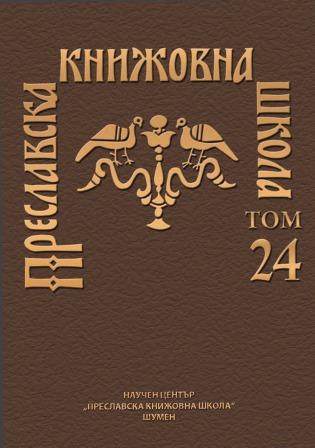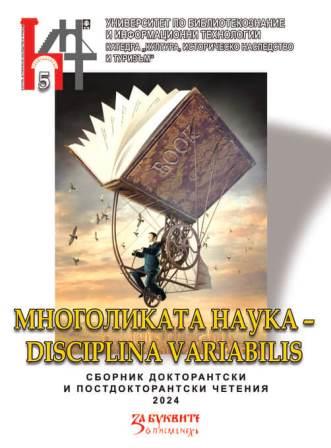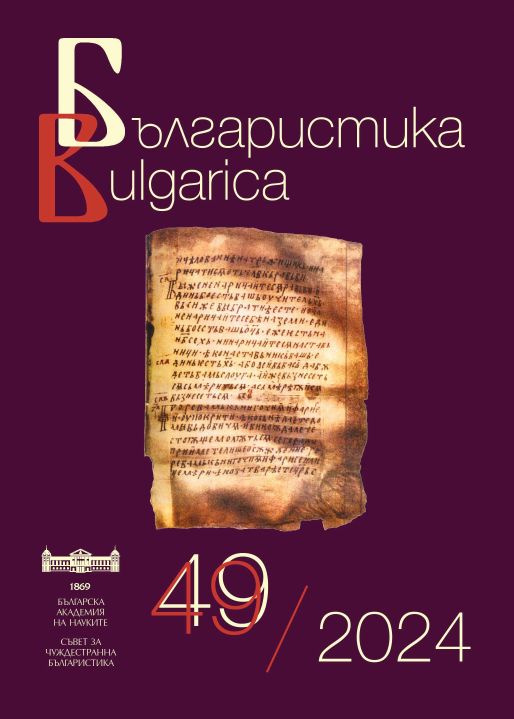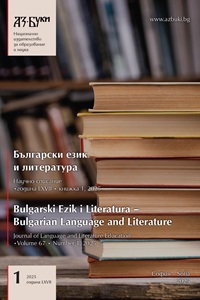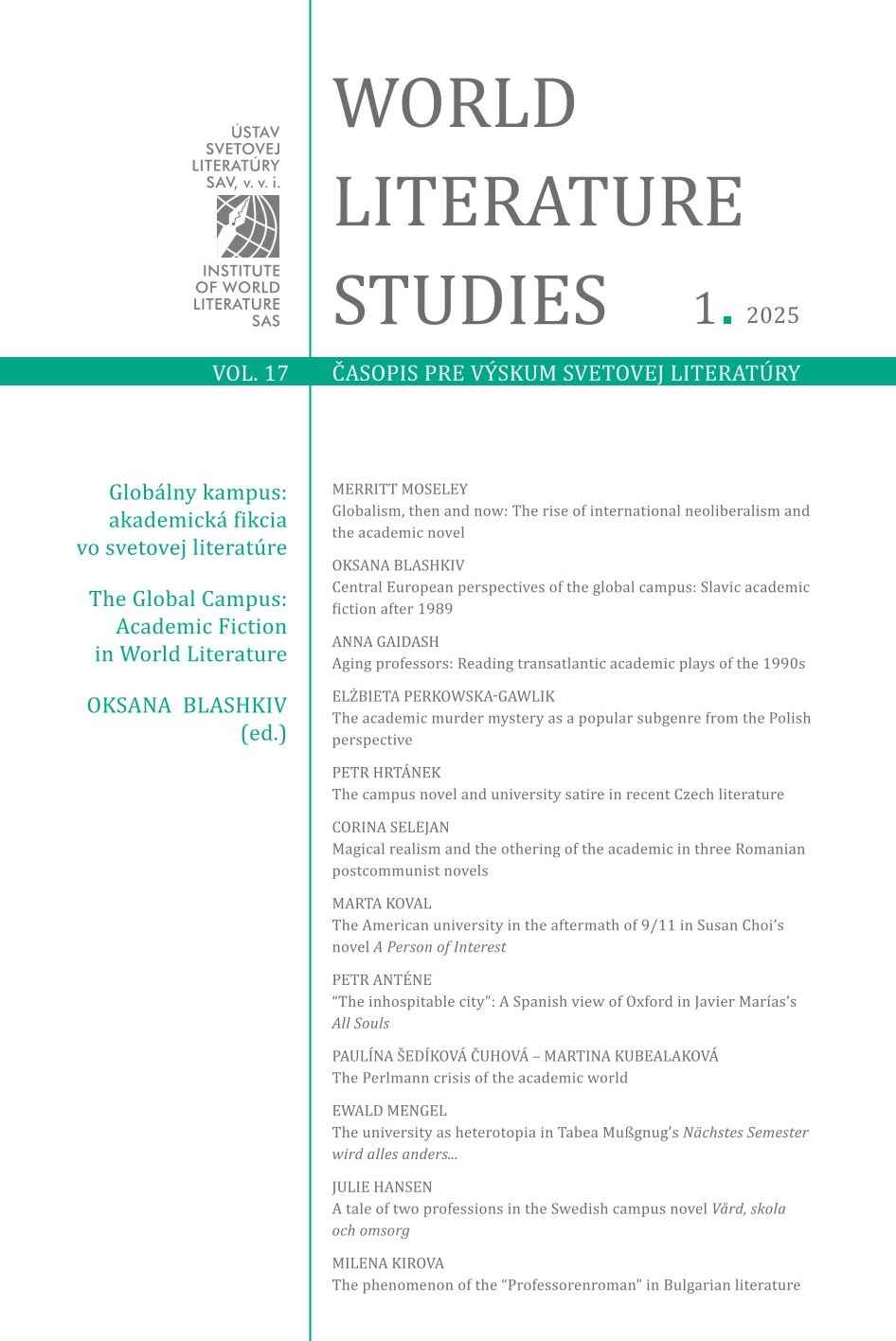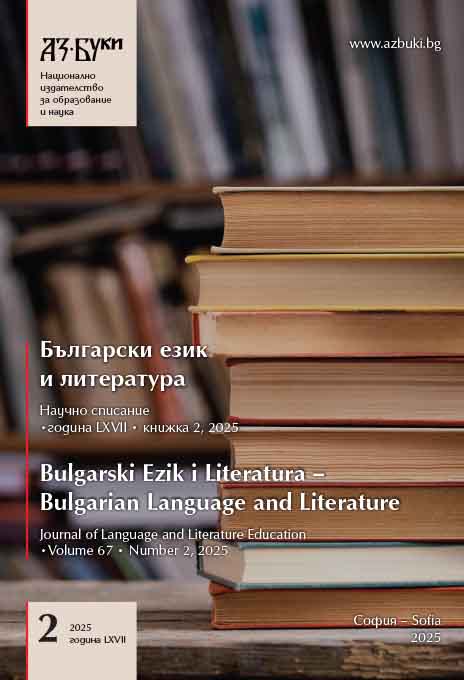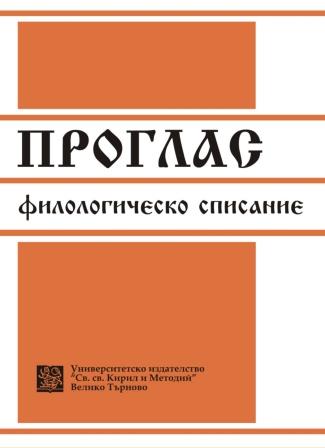
Игра на кодове и прочити в разказа „Паладини“ от Г. П. Стаматов
The article is dedicated to the centenary of the independent printing of the story Palladini by G.P. Stamatov as a separate booklet. This story is one of the most artistic works by the writer and, beyond offering aesthetic pleasure, provides researchers with the opportunity to deepen their analytical skills. By focusing on certain codes not widely discussed by critics—primarily religious and musical—researchers can uncover their interplay with other codes in the text. Through analysis, new meanings are derived that have biographical references to the writer and address issues along the genealogical line both backwards and forwards (in relation to the father and the daughter, respectively).
More...
